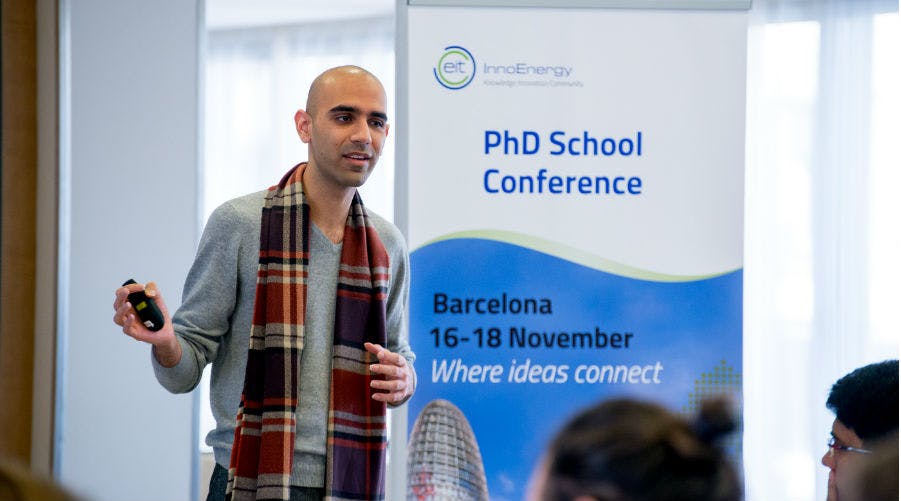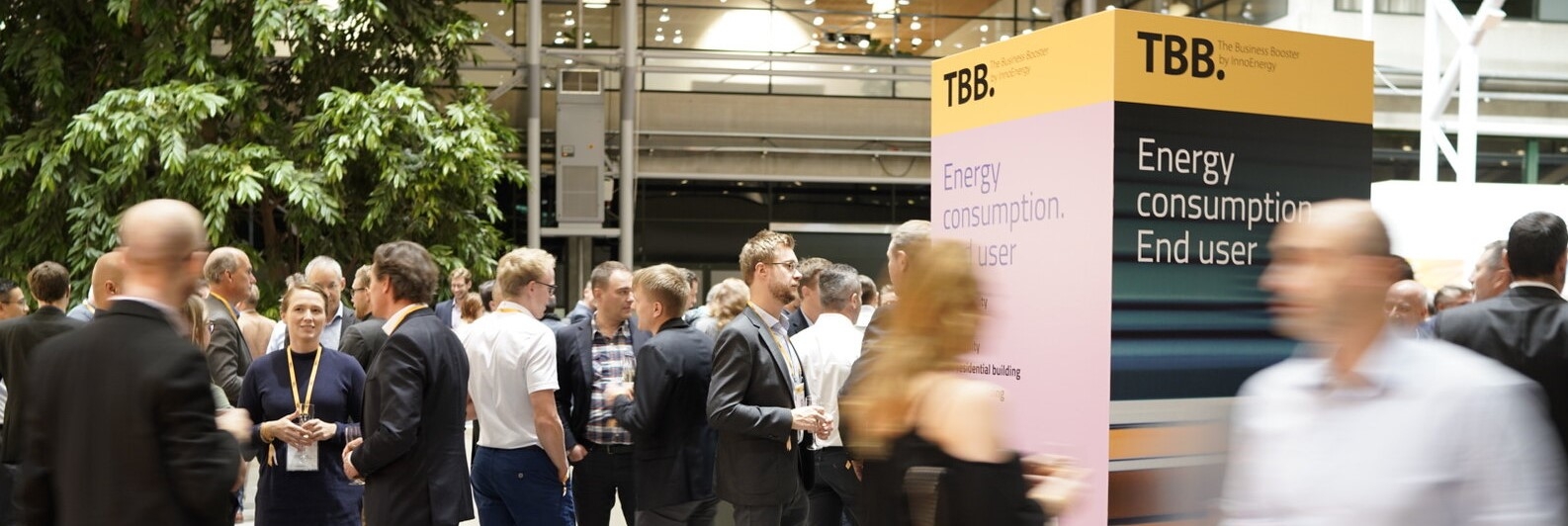Shining a light in the dark: Smarter, cleaner & reliable energy for rural areas

With substantial parts of rural communities without electricity worldwide, PhD School candidate Hussain Kazmi sees it as a call to action. His project will combine cutting edge AI research with a deep understanding of electricity provision – for a smarter, cleaner and more reliable energy system.
PhD studies focused energy efficiency
Hussain Kazmi’s PhD studies at KU Leuven focuses on smart buildings and optimising energy efficiency, the foundation for this philanthropic project. “Close contact with InnoEnergy has also helped me think about how technological innovation can’t exist in a vacuum, it has to go hand in hand with solving societal problems”, explains Hussain.
Looking in his own backyard, he realised that in Pakistan and India the electricity grid can be down for about 50% of the time in rural areas. Households often use batteries to mitigate this situation, however this causes high loads on the grid due to all the batteries charging simultaneously. “In Pakistan for example, 15% of all distribution transformers are overloaded, according to official estimates.”
“From a household’s perspective you want your battery charged ASAP because there is always a small chance that the electricity might go off again. You can compare this to electric vehicles and ‘range anxiety’. Even though you probably never need to drive over 200 km on a single charge, there is still a voice in your head that whispers… well sure, but what if you do?” he says jokingly.
He thought about how substantial portions of the populace are still without electricity worldwide and says, “These two key ingredients – the technical background and an entrepreneurial mind-set acquired at PhD School – formed the basis for this project to solve this problem.”
An imperfect system
Today many households have batteries in their home supported by solar panels (those that can afford them), or diesel generators (an environmental nightmare), and the electricity grid when it works. The batteries are usually cheap and insufficient for the job, needing replacement often. “The extent of electricity losses as a result of this current system was a total shock. If one million households have deployed such a battery system (which is not a stretch), this could amount to as much as 100’s of GWh’s of losses – and thousands of tons of needless CO2 emissions. This represents millions of Euros of tariff rates for residential customers annually.”
A solution in the making
The solution to this electrical supply problem is a smart micro grid, with an intuitive controller. Every house has different demands and rhythms, the controller would charge only what is needed when it is needed to prevent losses and address the problem of all batteries charging at once. The benefits are clear from both the electricity grid side, which will have more or less the same predictable running time from day to day and the demand side, which is the micro grid. “Solar panels notwithstanding, the micro grid doesn’t have generation potential but the battery grants it a certain degree of autonomy and flexibility”, clarifies Hussain.
Ready to roll!
Hussain happily reports the project has started and the next steps are to develop a measurement model to measure the efficiency of the batteries on the market today, then a controller based on both software and hardware, and lastly to connect to electricity grid.
As the project begins a one-year lab testing in Lahore to develop a controller, Hussain will coordinate the project from Belgium (while continuing his PhD studies) with InnoEnergy supported visits onsite. “If the concept development goes well there, we might have a real pilot by 2019!” he says excitedly. “PhD school has given me the vision to match my technical expertise with innovative societal solutions. If the project yields positive findings, I believe the knowledge gained from their entrepreneurial courses will come in handy, as well.”
With clear benefits of more stable grid, steadier electricity supply, significant loss reduction and savings per household… his project will surely pave the way to a smarter, cleaner and more reliable energy system in rural areas worldwide!

